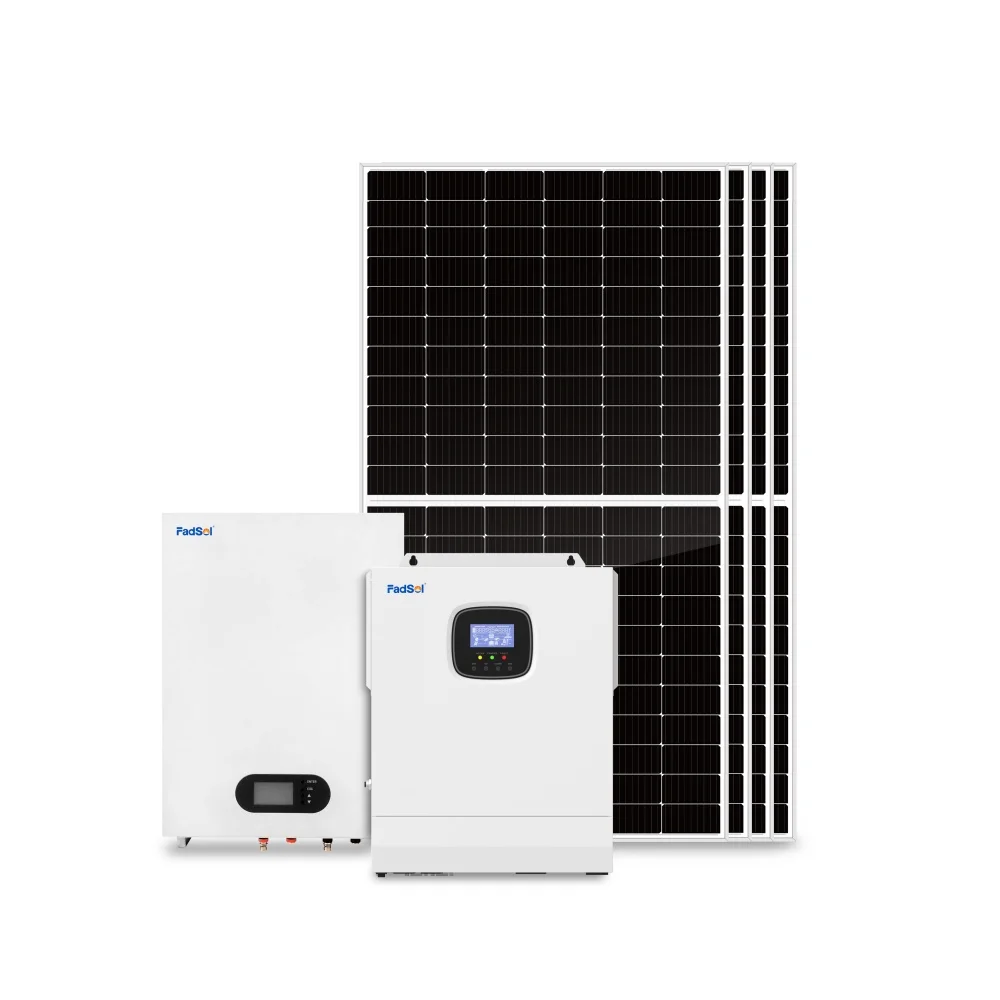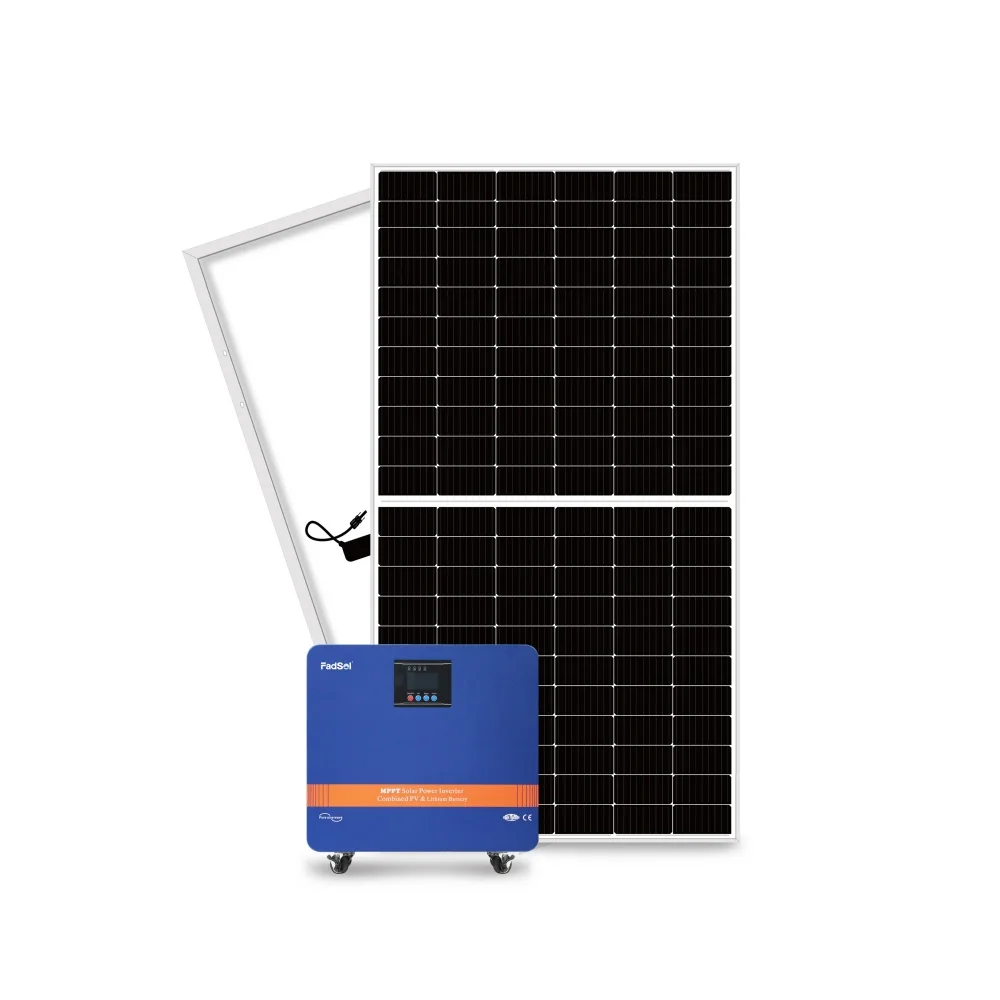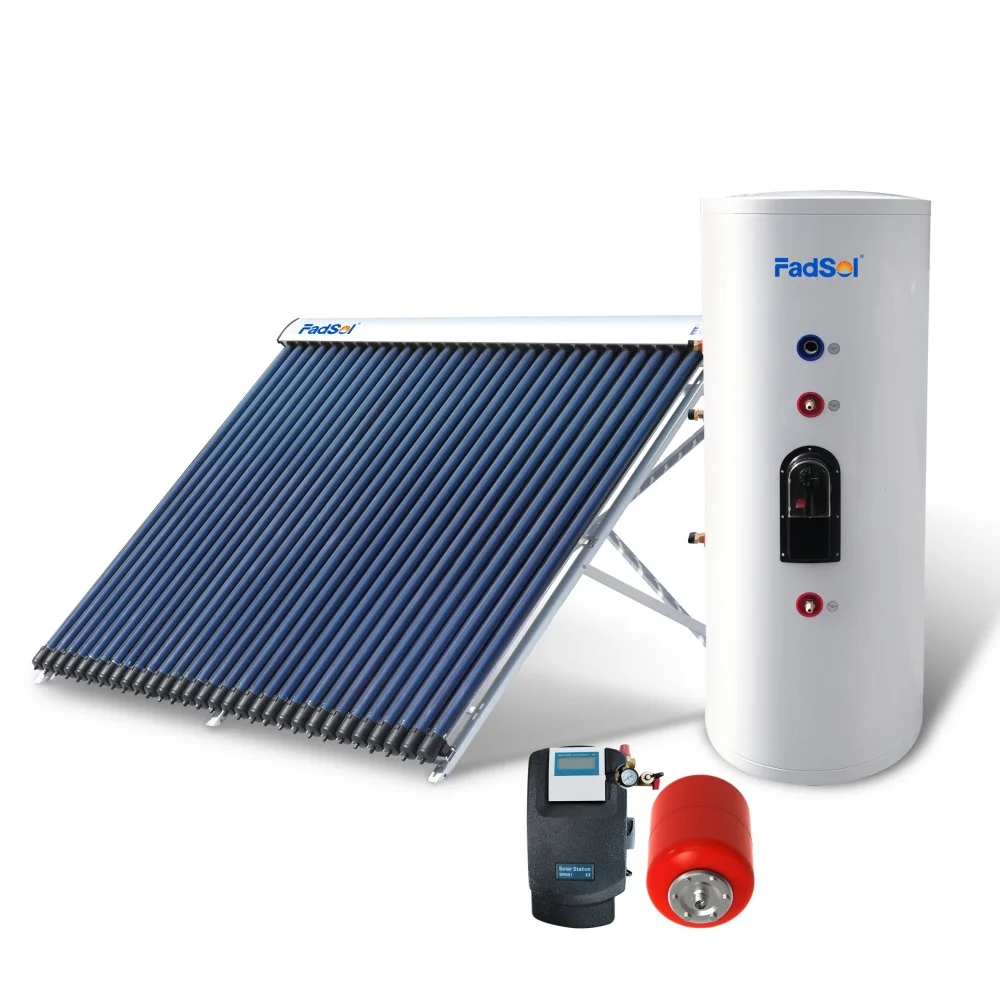The Future of Solar Refrigerators in Mozambique and Other African Countries
Understanding Solar Refrigerators
A solar refrigerator is a sustainable appliance that operates using solar power, reducing reliance on traditional energy sources. It typically consists of solar panels, batteries, and a refrigeration unit. The solar panels capture sunlight and convert it into electricity, which powers the refrigeration system. Batteries are used to store excess energy, ensuring continuous operation during cloudy days or nighttime. This eco-friendly technology leverages renewable energy to offer a significant reduction in carbon footprint.
The mechanics of solar refrigerators hinge on the conversion and storage of solar energy. Solar panels, primarily photovoltaic, convert sunlight into direct current (DC) electricity. This electricity is then used to power the refrigeration unit, which cools via a standard refrigeration cycle. Most modern systems boast efficiency rates exceeding 50%, according to industry studies, making them ideal for both off-grid and environmentally conscious users. The solar energy conversion and efficient storage ensure that solar refrigerators are not only sustainable but also reliable, even in remote areas.
Benefits of Solar Refrigerators in Food Storage
Solar refrigerators enhance food preservation by maintaining low, consistent temperatures, which significantly reduces spoilage and extends shelf life. According to experts in food preservation, this consistency is crucial for keeping food safe and fresh over prolonged periods. Unlike conventional refrigerators that might fluctuate due to power surges or outages, solar refrigerators provide uninterrupted cooling as they operate independently of the electrical grid, thus ensuring stable conditions essential for delicate perishables.
Solar refrigerators offer notable cost savings, primarily through reduced energy bills. Utility reports confirm that switching to solar-powered refrigeration can reduce electricity costs by a substantial margin. For instance, many users report a decrease of up to 30% in overall energy expenses after transitioning to solar options. This is because the sun's energy harnessed by these refrigerators is free and inexhaustible, leading to long-term financial benefits and independence from rising electricity prices.
From an environmental perspective, solar refrigerators are a sustainable choice that contributes to a reduced carbon footprint. By utilizing renewable solar energy, these appliances minimize greenhouse gas emissions typical of standard refrigerators. As per global renewable energy statistics, solar power adoption, including in cooling devices, is a pivotal step towards achieving worldwide carbon reduction targets. By opting for solar refrigerators, users actively participate in the shift towards eco-friendly and responsible energy use, contributing to the planet's health and sustainability.
Types of Solar Refrigerators Available
Solar-powered DC refrigerators are renowned for their energy efficiency and their suitability for off-grid applications. These refrigerators operate directly on DC (direct current) power, which aligns perfectly with solar panel outputs, making them a preferred choice for remote locations without access to grid electricity. Their primary advantage lies in their ability to function independently of external electric grids, which makes them ideal for outdoor adventures or as a backup during power outages. However, one limitation is their relatively lower cooling capacity compared to traditional refrigerators.
Another category is solar-powered AC/DC refrigerators, which offer remarkable versatility by operating on both alternating current (AC) and direct current (DC). This adaptability allows them to seamlessly switch between solar power and grid electricity, making them an excellent choice for both households and commercial premises. Their dual functionality ensures continuous refrigeration without the need for manual intervention, effectively reducing dependency on non-renewable energy sources. These refrigerators are particularly useful in areas where solar panels are installed in conjunction with grid connections.
Lastly, hybrid solar refrigerators utilize dual energy sources—solar power and the electrical grid—providing reliable refrigeration regardless of the weather. These units are designed to use solar panels to generate electricity and store excess energy in batteries or provide power to backup generators. This ensures uninterrupted operation during periods of low sunlight or in the event of grid outages. Hybrid refrigerators are thus highly reliable for environments with inconsistent grid access, offering a continuous cooling solution for both domestic and commercial use. Despite their complexity, they are widely available in the market, catering to diversified consumer needs.
The Role of Solar Refrigerators in Mozambique and Africa
Food waste is a significant challenge in Mozambique, with a substantial portion of produce never reaching the consumer due to inadequate storage facilities. Solar refrigerators can dramatically improve food storage and distribution, thereby reducing waste. Statistics from the World Bank indicate that about 30% of food produced in Mozambique is lost between harvest and consumption, a figure that could be mitigated with effective refrigeration. By harnessing solar power, these refrigerators ensure that fresh produce remains preserved even in regions with unreliable electricity supplies.
Moreover, solar refrigeration plays a crucial role in enhancing rural health outcomes across Africa. Reliable cold storage is vital for maintaining the efficacy of vaccines and perishable medications, which are often scarce in remote areas. Health reports from organizations such as the World Health Organization highlight that vaccine storage and delivery logistics are among the top challenges in rural Africa. Solar refrigerators provide a consistent cooling solution, enabling healthcare providers to maintain a steady supply of essential medicines in regions without stable power grids.
Several successful case studies across Africa underscore the significant impact of solar refrigerator installations. For instance, a community in Kenya witnessed notable improvements in food security and economic benefits following the deployment of solar-powered refrigeration units. Data from NGOs highlights that these installations have led to a 20% increase in the shelf-life of food products and enhanced economic opportunities by allowing local farmers to sell fresher produce at better prices. These examples demonstrate the transformative potential of solar refrigeration in improving livelihoods across the continent.
Buying Guide: Choosing the Right Solar Refrigerator
When selecting a solar refrigerator, key features play an essential role in making the right choice. Prioritize efficiency ratings to ensure the appliance uses minimal energy while delivering optimum cooling. Consider the size, as it should accommodate your storage needs without overwhelming your space. It's also crucial to evaluate the type of Solar Power System your refrigerator requires, relying on expert recommendations to ensure compatibility and performance.
Additionally, capacity is a significant consideration based on the user's needs and the energy output available from the solar setup. Whether for household use or commercial purposes, choose a refrigerator that matches your required volume. For instance, a larger unit might be necessary for a busy restaurant, whereas a smaller one could suffice for personal use.
Charging options and compatibility with existing solar power systems are crucial for ensuring optimal performance. Ensure your chosen refrigerator can effectively integrate with your current solar setup. Best practices include verifying that the refrigerator supports direct connection options or works well with inverters to convert solar energy efficiently. This approach guarantees your appliance runs smoothly and efficiently, capitalizing on solar power to reduce dependency on conventional energy sources.
Best Solar Refrigerators for Diverse Needs
Selecting the right solar refrigerator can significantly enhance your energy efficiency efforts, and understanding the products that best match your diverse needs is crucial.
For those seeking a comprehensive home or business solution, the 3KW Solar Energy System Full Package offers a robust off-grid setup. It features a combination of a 550W A-Grade Mono Solar Panel and a 3.5KW Inverter, which can power multiple devices including solar refrigerators. This system is ideal for both residential and small commercial applications due to its power output and reliable components.
For portability and versatility, the 2200W Portable Solar Power Generator is a remarkable choice. This device is perfect for outdoor adventures and temporary power needs, supporting various solar refrigerator models. It provides a flexible power solution with its compact design and efficient energy conversion, allowing for sustainable energy use wherever required.
Finally, the Solar Keymark Certified Split Pressurized Solar Water Heater complements solar refrigeration systems by efficiently utilizing solar energy through heat pipes. This integration allows for optimal use of solar energy, enhancing the overall energy savings within both residential and commercial settings.
By understanding and integrating these products, you can ensure a sustainable and efficient use of solar refrigeration systems tailored to your specific energy needs.
 EN
EN
 AR
AR FR
FR DE
DE IT
IT PL
PL PT
PT RU
RU ES
ES SW
SW HA
HA



